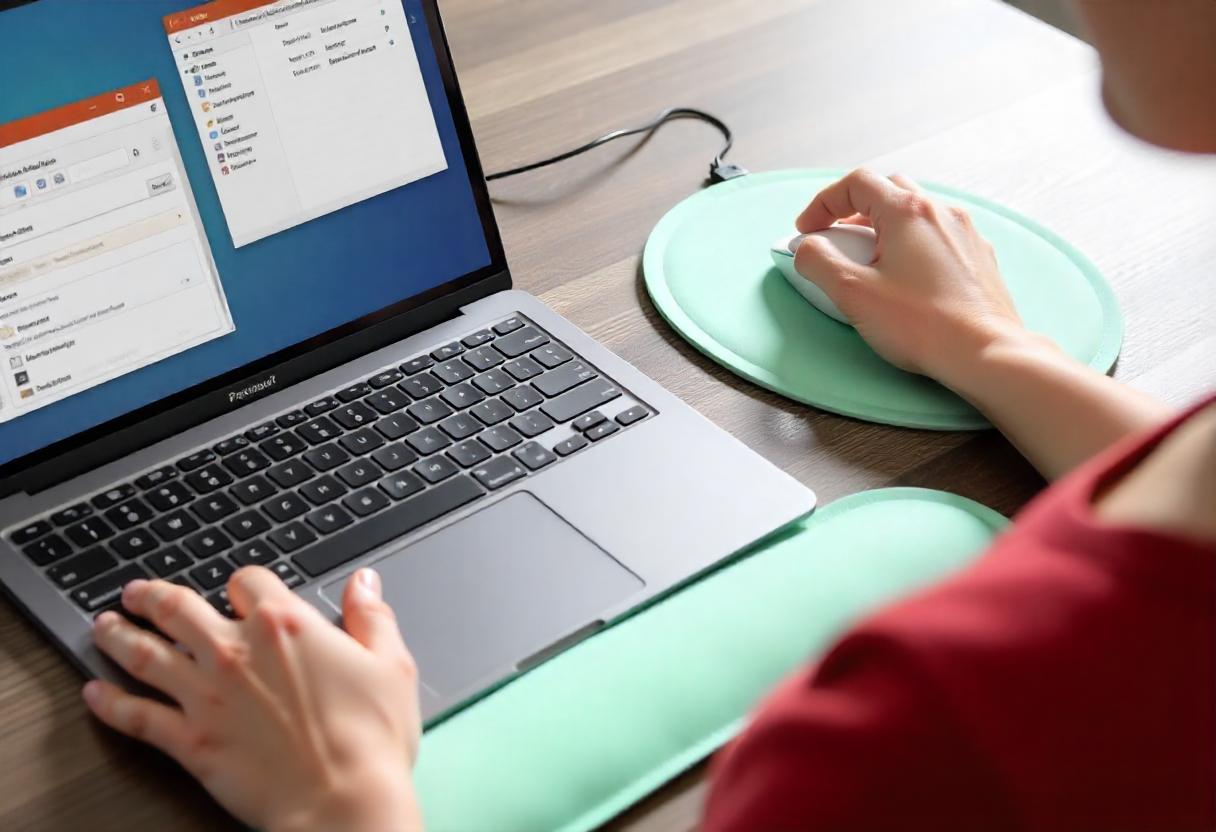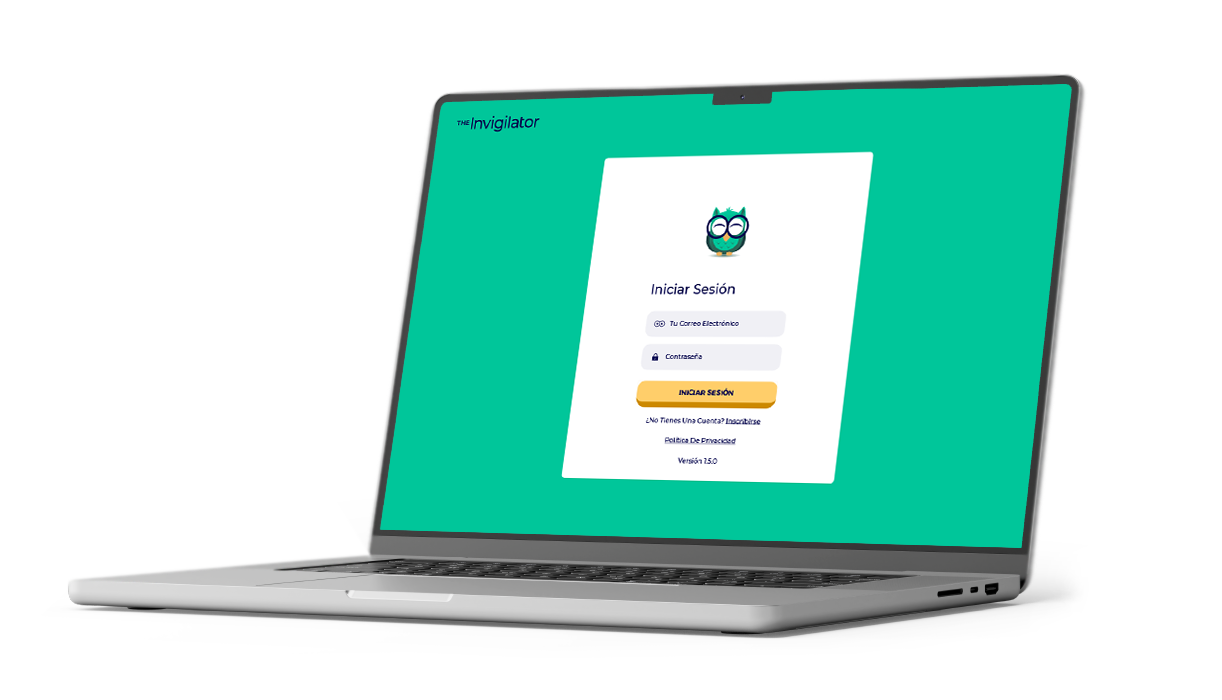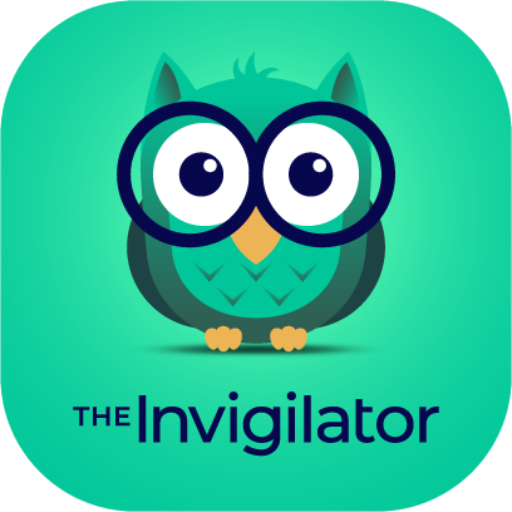Tech and OER: Empowering Inclusive and Equitable Education
Education at large is undergoing a seismic shift, driven by the integration of technology and Open Educational Resources (OER). As we embrace and make use of these advancements for the greater good of our youth, we find opportunities to create learning environments that are inclusive, equitable and adaptable to the diverse needs of students.
Technology and OER are not just tools – they are catalysts for breaking barriers and redefining accessibility in education.
Building Bridges With Accessible Technology
When we think of education, inclusivity is key. Many students, especially in South Africa, face challenges like limited internet connectivity or access to advanced devices. This is where solutions like Ththenvigilator App come into play.
Designed to function on entry-level smartphones and with minimal data requirements, this app ensures students from all backgrounds can participate in assessments without technological constraints.
By incorporating features such as facial recognition and GPS tracking, the app makes it possible to maintain academic integrity. Students who lack access to traditional tools, processes and systems designed to oversee and monitor students during examinations are not excluded.
This demonstrates how accessible technology can bridge the gap and bring more learners into the fold of equitable education.
The Role of Open Educational Resources (OER)
OER has revolutionised the way educational content is shared and consumed. These freely available materials empower educators and students to customise learning experiences. For example, universities leveraging OER can provide resources tailored to their curricula, ensuring students access quality material regardless of financial constraints.
The collaborative nature of OER fosters a culture of shared knowledge. Students are no longer passive recipients but active contributors to their educational journeys. This collective approach enhances learning outcomes while promoting inclusivity.
Enhancing Collaboration Through Digital Tools
Digital tools have the potential to turn traditional classrooms into dynamic, interactive spaces. Instant messaging platforms like Nova Messenger, which is integrated into The Invigilator, allow educators and students to communicate effectively, even in resource-limited settings.
Such tools also enable group discussions, instant feedback and personalised support, ensuring that no student feels left behind.
The integration of these features creates learning environments that prioritise collaboration and inclusivity, making education a shared journey.
Overcoming Barriers to Digital Learning
Challenges such as high data costs, unreliable internet access and outdated devices are persistent barriers in many regions. However, innovations like The Invigilator demonstrate that solutions tailored to specific contexts can overcome these obstacles.
For instance, the app’s offline functionality ensures assessments can be conducted seamlessly, even in areas with intermittent connectivity. This adaptability is crucial in ensuring equitable access to education, allowing all students to thrive, regardless of their circumstances.
A Vision for the Future
As we look ahead, the potential of technology and OER in education is boundless. By integrating user-friendly, data-light solutions with freely available resources, we can create a future where learning opportunities are accessible to all.
Our collective responsibility is to continue innovating and advocating for tools and resources that make education inclusive. With the right technology, we can ensure every learner has the opportunity to reach their full potential.
Explore the wonderful role technology and OER are now playing in education with the Invigilator App and contribute to a more inclusive future for South Africa’s brilliant young minds today!
FAQs and Answers
- How are tech and OER improving equity in education?
Technology and OER provide inclusive, low-cost solutions that improve access to learning, enabling students from all backgrounds to participate fully. - What is The Invigilator App and how does it support equity?
The Invigilator App is an AI-powered assessment tool that works on entry-level devices with minimal data, ensuring all students can participate in secure online exams. - Can students with limited connectivity use The Invigilator App?
Yes. The app functions offline during assessments and only needs an internet connection before and after the exam, making it ideal for low-connectivity areas. - What role does OER play in modern education?
Open Educational Resources allow educators to share and adapt free learning materials, helping students access quality education without financial barriers. - How does Nova Messenger support collaboration in education?
Integrated into The Invigilator, Nova Messenger enables real-time communication, feedback, and group discussions—even in resource-limited settings. - How is academic integrity maintained with accessible tools?
Features like facial recognition, GPS tracking, and randomised audio/video monitoring ensure exams are secure while remaining accessible to all learners. - Why is offline functionality important in educational tools?
Offline capability ensures students in areas with unstable internet can complete assessments without interruption, supporting equity and reliability. - How can educators make the most of tech and OER?
By using inclusive, mobile-friendly tools like The Invigilator and leveraging freely available OER, educators can create adaptable, accessible learning environments.









